 Interagency Autism Coordinating Committee (IACC)
Interagency Autism Coordinating Committee (IACC)
 Autism Research Database (AFD)
Autism Research Database (AFD)
| Project Element | Element Description |
|---|---|
Project TitleProject Title |
Examining interpersonal biobehavioral synchrony as a measure of social reciprocity and emotion regulation in parent-child dyads with and without autism using an interactive smart toy platform |
Principal InvestigatorPrincipal Investigator |
Goodwin, Matthew |
DescriptionDescription |
Although difficulties in social-emotional reciprocity are part of the core diagnostic criteria for autism and decades of research has focused on etiological and developmental trajectories of these deficits, current scholarship generally evaluates a child solely as an individual, rather than within his or her transactional social system. The current study established a novel experimental paradigm for multi-modal data collection and interpersonal physiological analysis that allows systematic testing of hypotheses about mechanistic underpinnings of social reciprocity and emotional regulation in typical and atypical development. Continued analyses of these synergistic dynamics may reveal fundamental mechanisms relating to how the social brain typically develops and how it may be altered in autism. |
FunderFunder |
Simons Foundation |
Funding CountryFunding Country |
United States |
Fiscal Year FundingFiscal Year Funding |
141056 |
Current Award PeriodCurrent Award Period |
2016-2017 |
Strategic Plan QuestionStrategic Plan Question |
Question 4: Which Treatments and Interventions Will Help? |
Funder’s Project LinkFunder’s Project Link |
No URL available. |
InstitutionInstitution |
Northeastern University |
Institute LocationInstitute Location |
United States |
Project NumberProject Number |
419607 |
Government or PrivateGovernment or Private |
Private |
History/Related ProjectsHistory/Related Projects |
Examining interpersonal biobehavioral synchrony as a measure of social reciprocity and emotion regulation in parent-child dyads with and without autism using an interactive smart toy platform |
0
| 2017 |
419607
|



